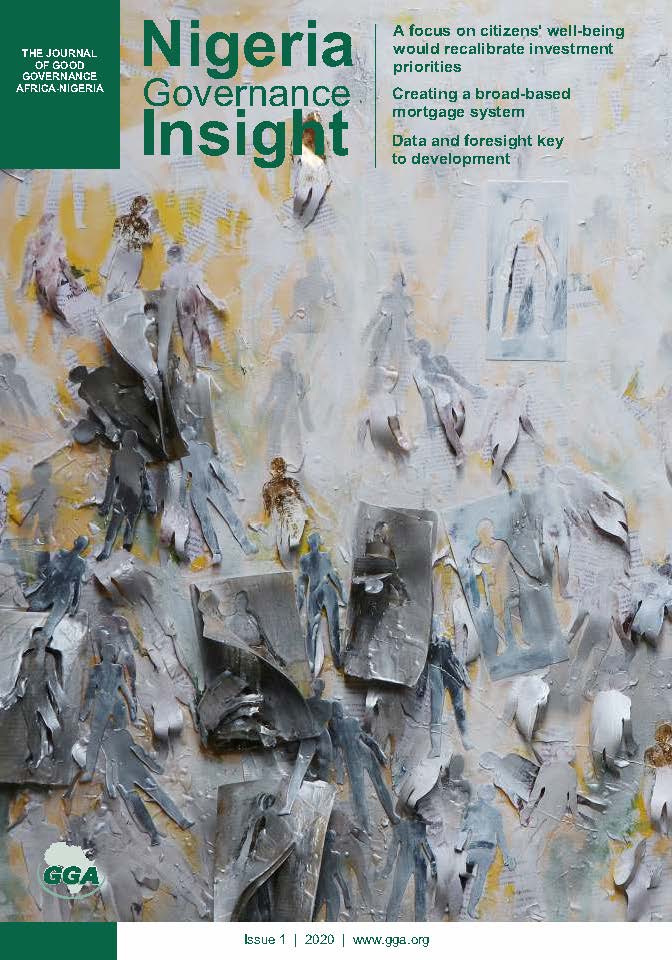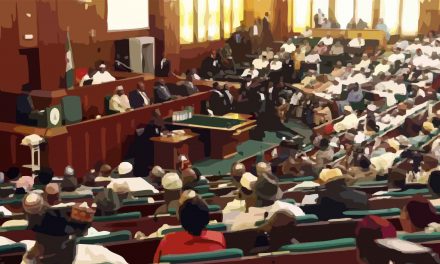There are growing concerns about Nigeria’s fiscal situation. Key sources of concern are the country’s dwindling revenues, soaring deficits, growing debts levels and escalating debt burden. These led the International Monetary Fund (IMF) to urge the government “to lower the ratio of interest payments to revenue and make room for priority expenditure” during its March 2019 Article IV Consultation with Nigeria. Some local and foreign media organisations and commentators have also raised questions about Nigeria’s solvency. Nigeria urgently needs to address three main types of illiquidity, if the country is to fully come to grip with its persistently low financing thresholds. The three types of illiquidity challenge – fiscal, financial and foreign exchange – are each analysed in turn in the following sections.












